The United Nations General Assembly (UNGA) has adopted an ambitious "Future Compact" described as aiming to create a better world for future generations, amid growing criticism of its failure to prevent conflicts globally.
The treaty was adopted at a summit in New York on September 22-23. Russia and Iran were among the countries that opposed it.
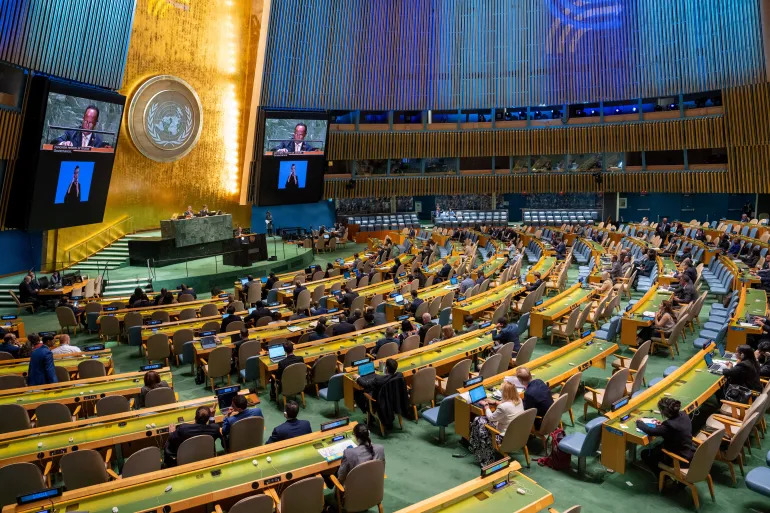
The Future Summit at the United Nations headquarters in New York, September 22. Photo: Reuters
What is the future treaty?
The United Nations describes the treaty as a "landmark statement" pledging action towards a better world for future generations.
The text adopted by the 193 UNGA members includes a commitment to accelerate the achievement of the UN Sustainable Development Goals (SDGs) and the Paris Agreement on climate change commitments. It addresses the root causes of conflict and accelerates commitments on human rights, including women's rights.
The Treaty includes two annexes, called the Global Digital Impact, which deals with the governance of artificial intelligence (AI), and the Declaration on Future Generations, which promotes national and international decision-making focused on ensuring the well-being of future generations.
The pact covers a wide range of topics with varying levels of ambition, with different UN forums and agencies responsible for monitoring different topics, said Richard Gowan, UN director at Crisis Group.
Does the treaty outline how to make the world a better place?
Not quite. As is often the case with UN resolutions and commitments, the Future Compact is filled with lofty goals and commitments but lacking in practical, actionable steps the body could take to realize its vision.
The document asserts that countries “will end hunger and eradicate food insecurity,” address global finance and investment gaps, commit to a fair multilateral trading system, achieve gender equality, protect the environment and climate, and protect people affected by humanitarian emergencies. However, the treaty does not spell out how the United Nations and its members will do this.
The treaty promises to restore obligations and commitments on nuclear and biological disarmament, “renew trust in global institutions,” and promote and protect human rights and combat racism and xenophobia. But again, these are just promises on paper.
Reflecting growing frustration with gridlock and a lack of global representation on the United Nations Security Council (UNSC), the text pledges to prioritize “correcting injustices against Africa” and “improving representation” for Asia- Pacific , Latin America and the Caribbean. But it makes no mention of how the UN will accelerate reforms.
With many UN resolutions going unheeded, the treaty pledges to “strengthen the response” of the UNSC and “renew” the work of the UNGA while strengthening the entire UN system, including the Economic and Social Council and the Peacebuilding Commission. However, the treaty does not address how to do that.
Why do some countries object?
Russia, Iran, North Korea, Belarus, Syria and Nicaragua objected to the draft resolution at the last minute, mainly over issues of national sovereignty and the role of outside entities in domestic affairs.
The treaty adds a paragraph stating that the United Nations "shall operate under intergovernmental decision-making processes" and that "the United Nations system shall not intervene in matters which are essentially within the domestic jurisdiction of any State" in accordance with the organization's charter.
Speaking at the summit, Russian Deputy Foreign Minister Sergey Vershinin said the countries that had been coordinating the text for months – Germany and Namibia – had only coordinated “what Western countries dictated and ignored Russia’s repeated requests for intergovernmental talks”. He described the approach as “authoritarianism”.
He said Russia would "stay away from consensus on this document", stressing that the treaty could not be seen as creating "new duties and powers" for states because it was "merely a declaration and very vague".
Ngoc Anh (according to Al Jazeera)
Source: https://www.congluan.vn/hiep-uoc-tuong-lai-cua-lien-hop-quoc-la-gi-va-tai-sao-nga-va-mot-so-nuoc-phan-doi-post313844.html


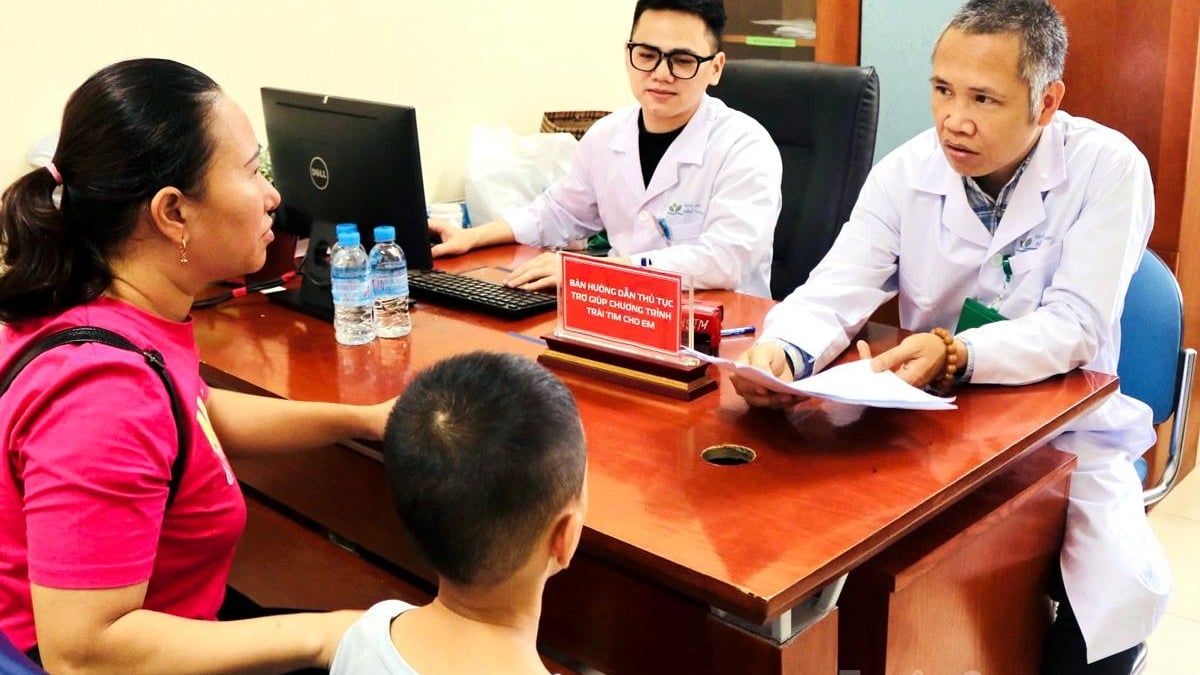


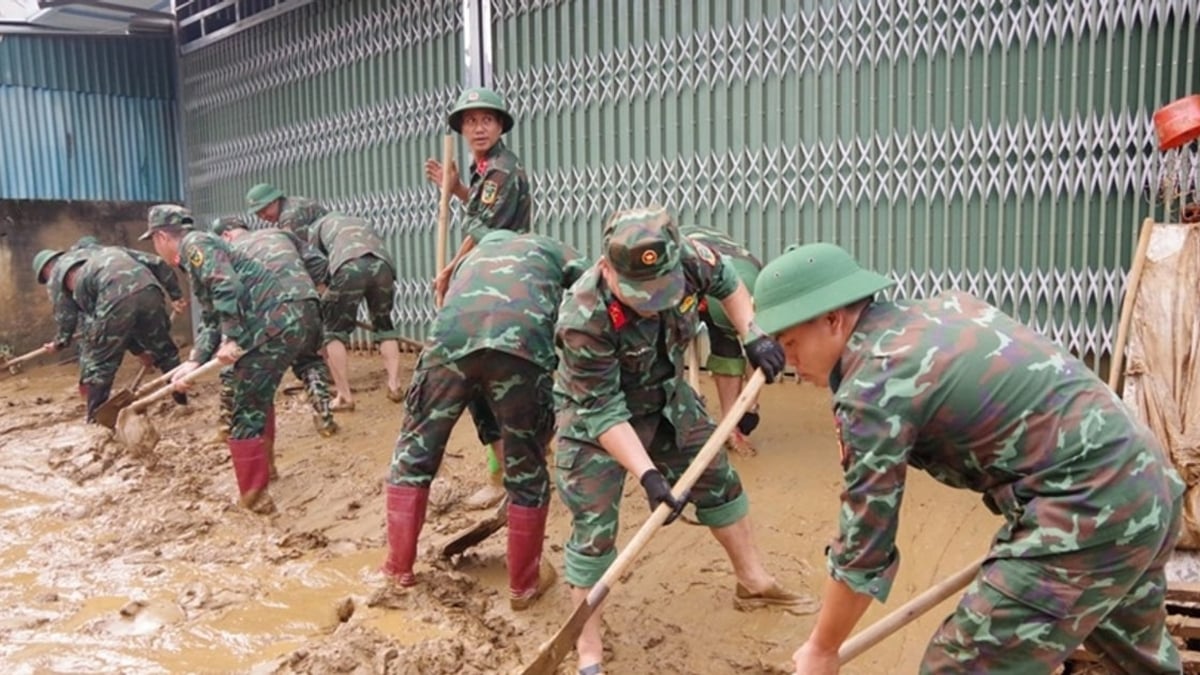
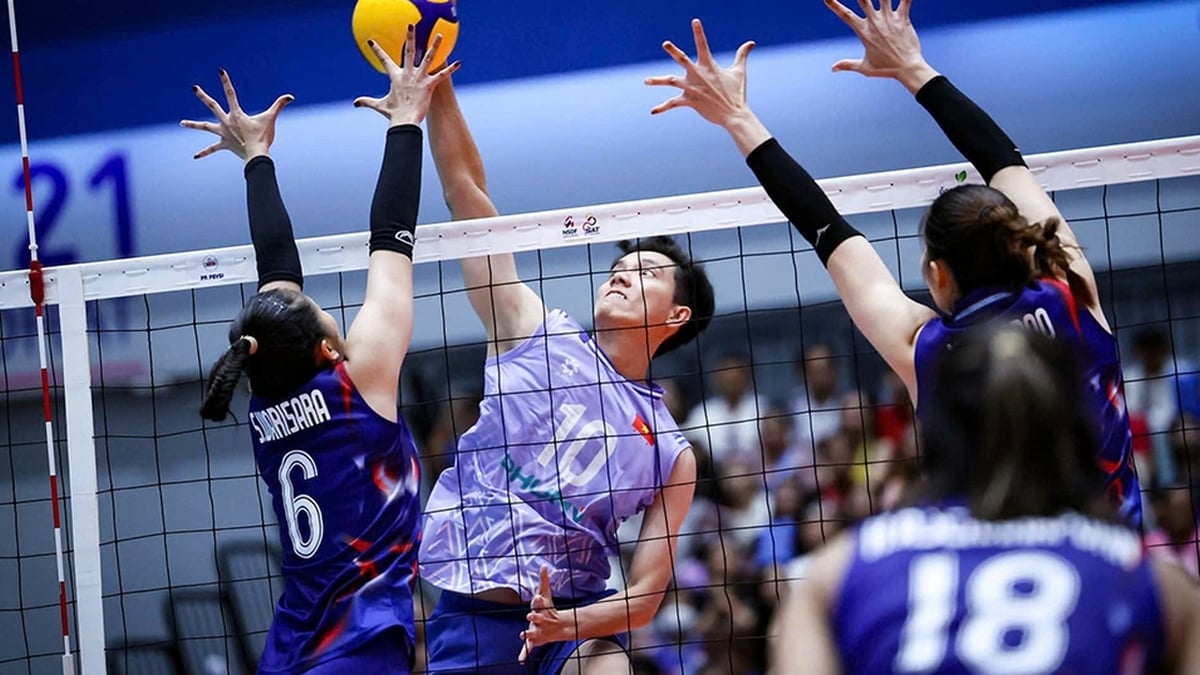
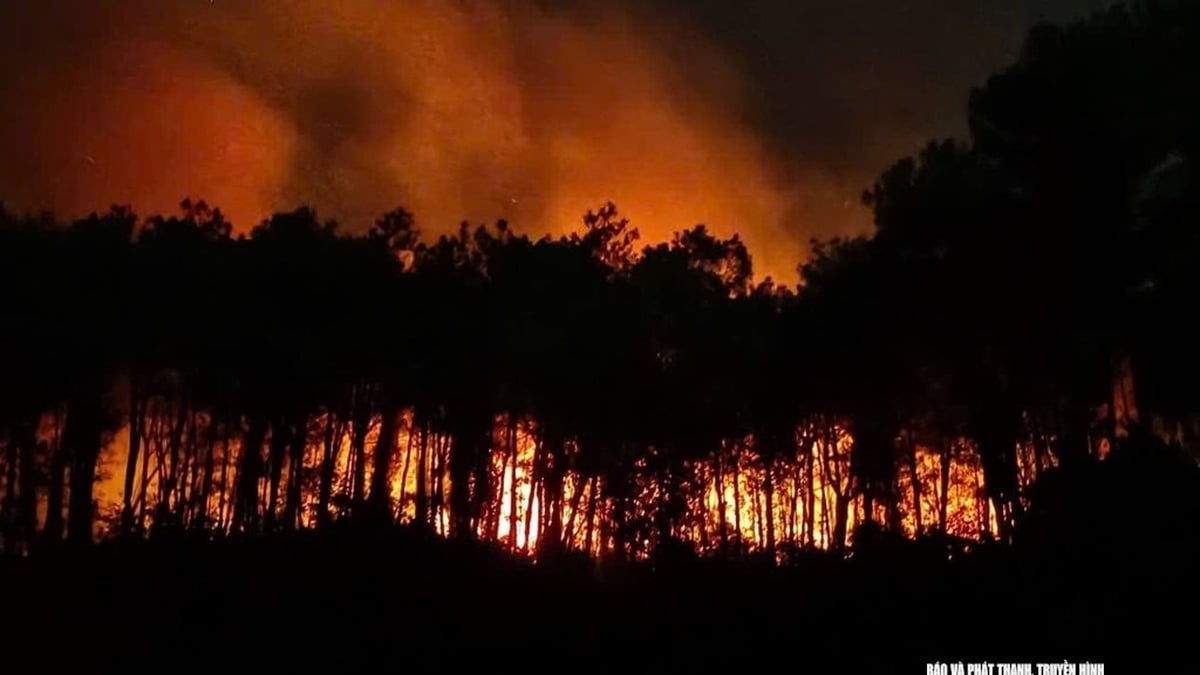
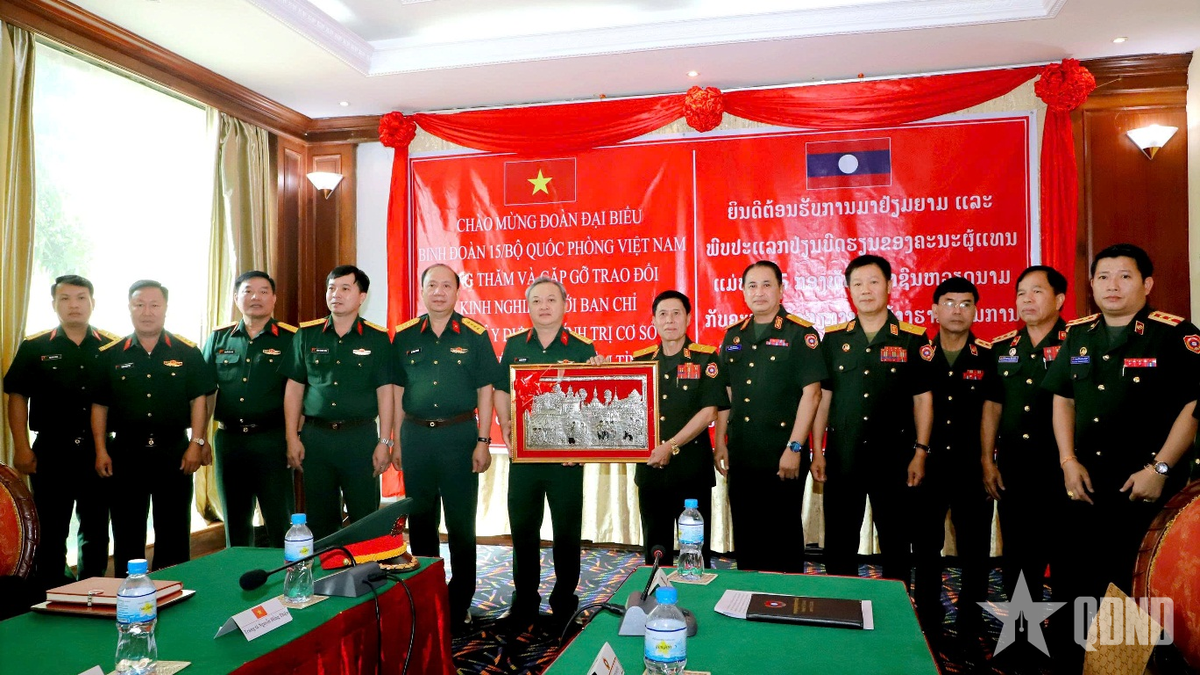

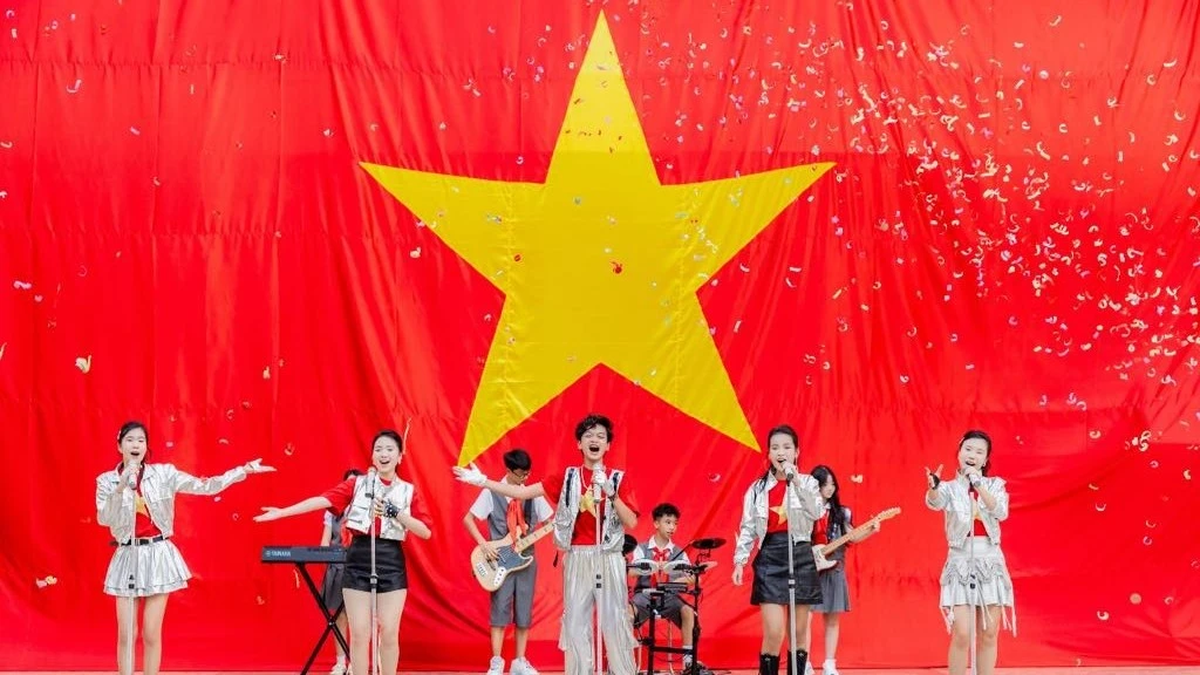
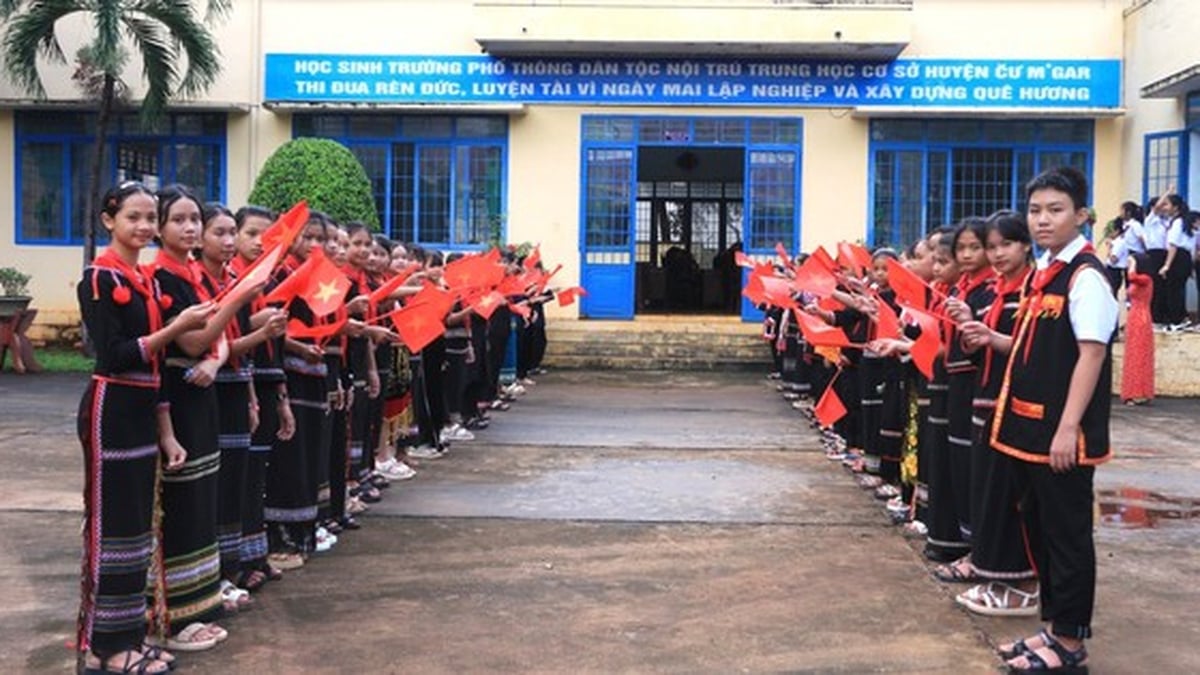











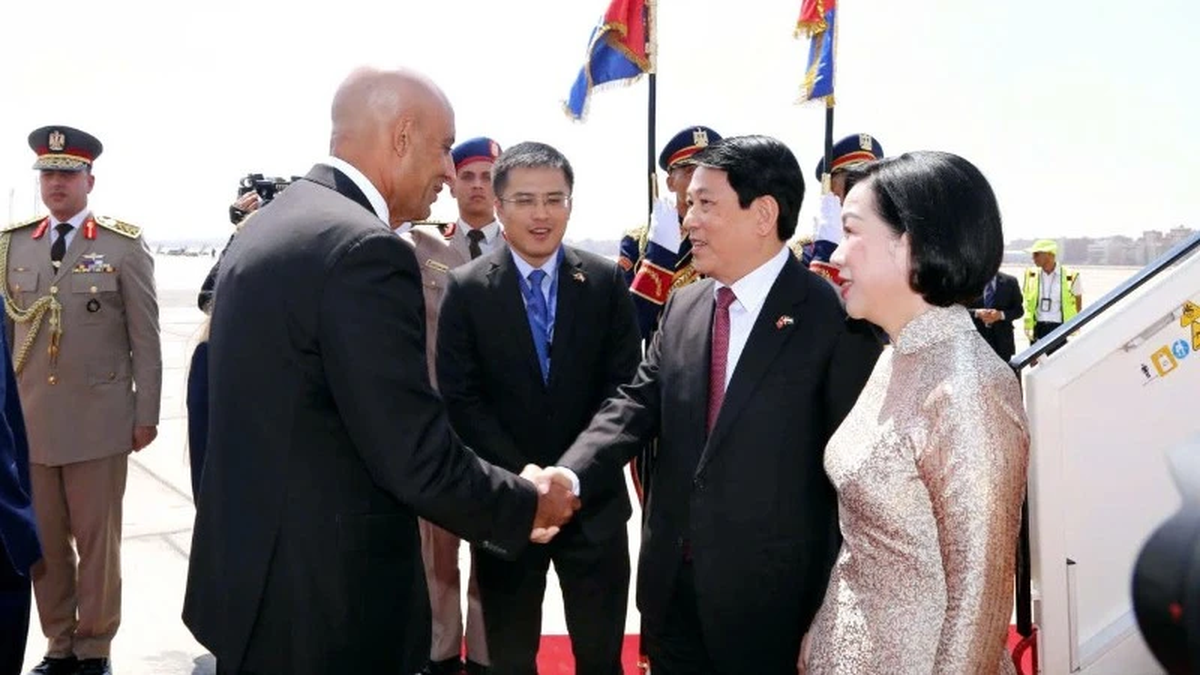












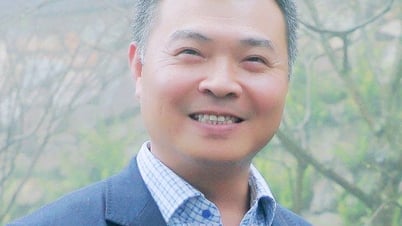

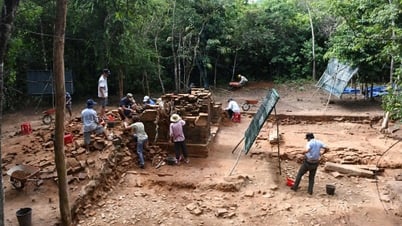














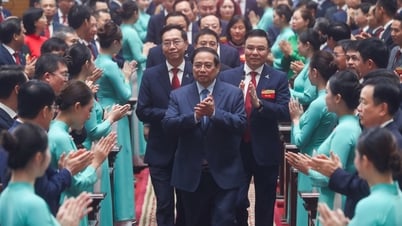








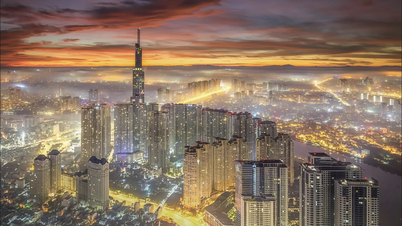


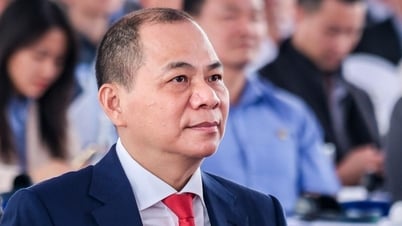
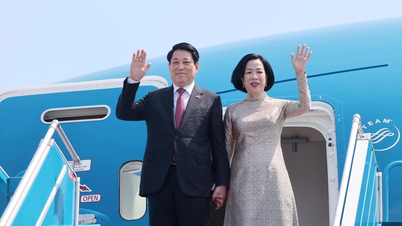

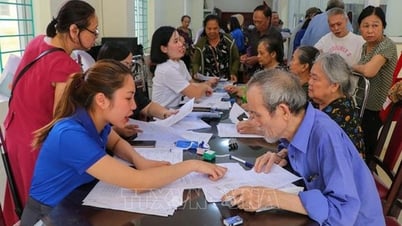

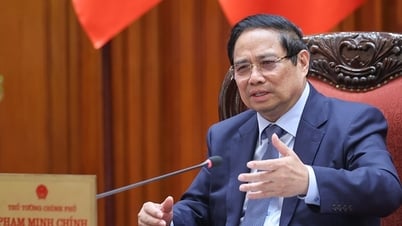

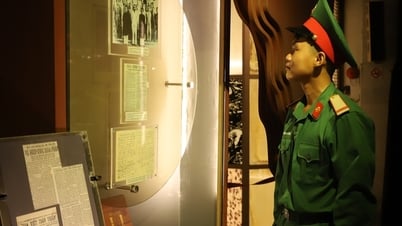
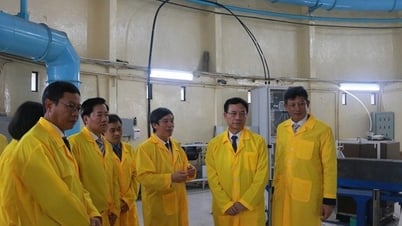


























Comment (0)